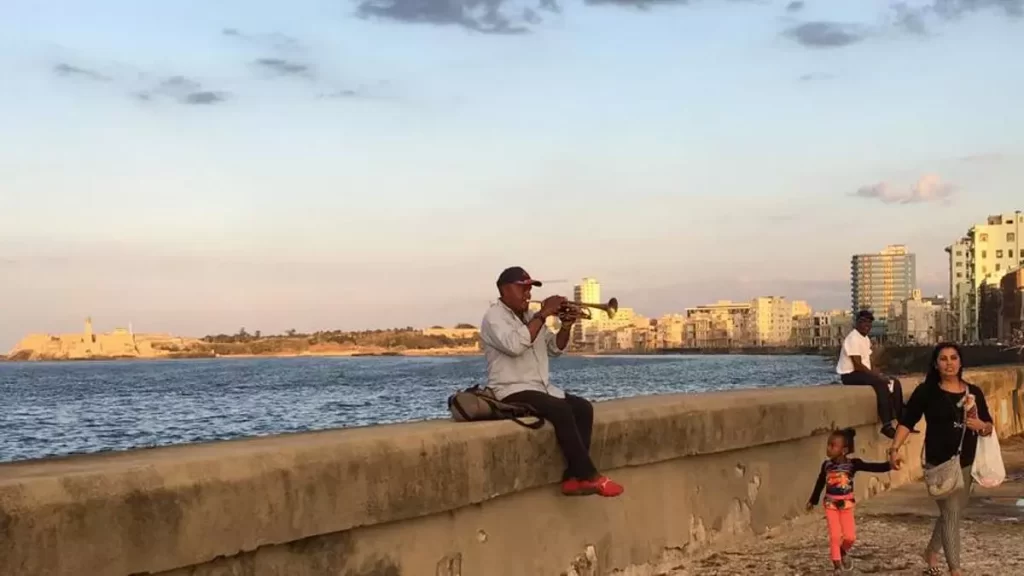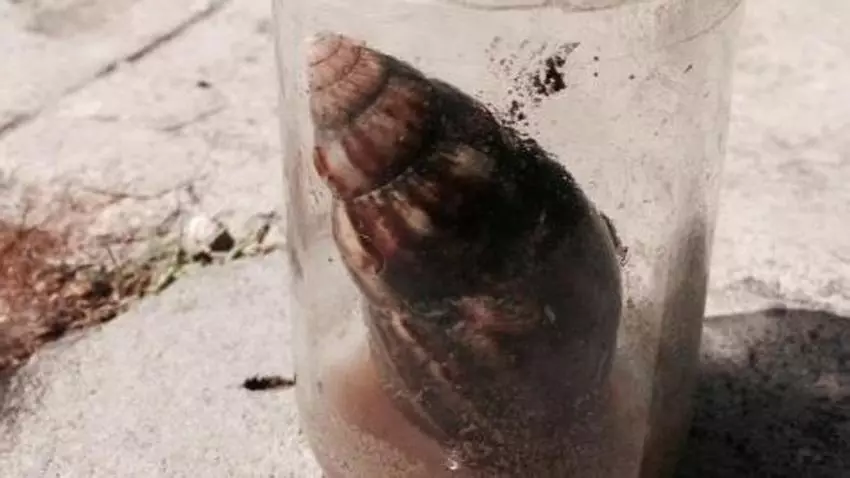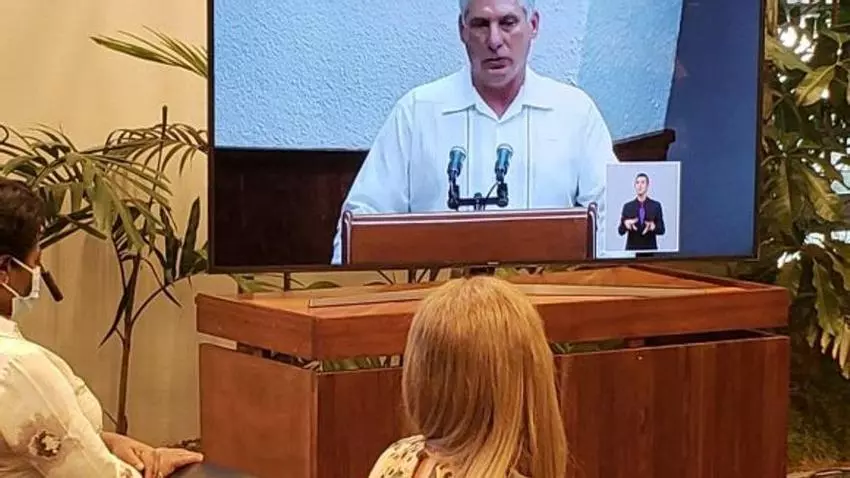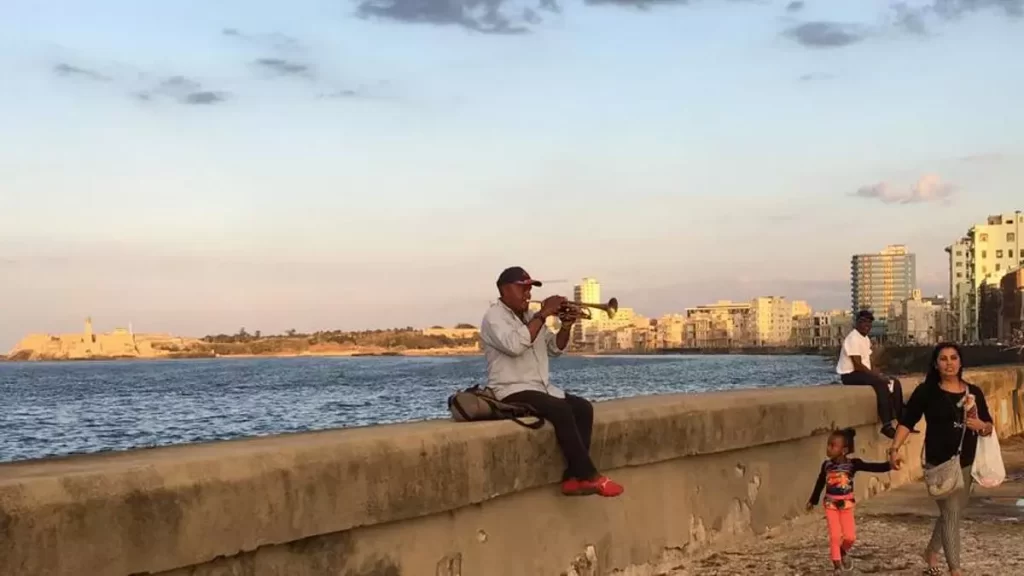Independent media in Cuba are the vanguard of the process of building democracy

14ymedio, May 22, 2024 — Being a journalist is not being an activist. Journalism is not called to the ranks of any political party or ideology, but rather to report facts of general interest that prove that they are true, and with a simple and complex purpose at the same time: to keep citizens informed so that they can make decisions. In its exercise, in a natural way, journalism calls into question those who direct public affairs. That is why it has always been called the “fourth estate,” in an expression coined in the 19th century by Thomas B. Macaulay based on a distorted quote by Edmund Burke, which signals the objective of overseeing the other three powers, described by Montesquieu: executive, legislative and judicial. All this, of course, in a democracy. What happens in a dictatorship, like the Cuban one, in which 14ymedio was born? The same.
A newspaper independent of any party or organization, 14ymedio was blocked from the first day on thecountry’s servers, all controlled by the regime. It was a useless gesture, which only demonstrated the vital importance of the profession in promoting truth and freedom. The constant harassment of the Editorial Office in Havana and its reporters was also in vain: we are still here, ten years later. As if that were not enough, our work influences Cuba on a daily basis, both the Government and its citizens. Sometimes it leaves a simple discomfort on the part of the authorities, for revealing things they are hiding; other times, it has moved them to change their plans; in a few other instances have forced them to resolve situations reported by the population. Not bad for a censored newspaper!
To illustrate this, we have compiled some examples. We want to convey to our readers that, despite the dictatorship, journalism can be practiced as the vanguard of a process of building the democracy that we want for Cuba.

1. The African snail is no longer taboo in Cuba. Recently, this newspaper reported on the proliferation on the Island of the giant African snail or Achatina fulica, an invasive species, potentially dangerous for human health and crops. In those days, the authorities were already on alert, but they were very hesitant to inform the population. From the first article that appeared in 14ymedio, the African snail was no longer taboo in the official press.

2. The Government moves up the announcement of the “dollarization” of essential goods. When the first stores taking payment in foreign currency (that is, in freely convertible currency or MLC) and payment by magnetic card opened in Cuba in 2019, no one imagined that they would extend beyond the household appliances and spare parts they were then allowed to sell. That food or hygiene products, vital for daily life, might be sold in those stores was anathema. But that “circumstantial” or “temporary” crisis, as the government preferred to call it, soon became permanent. The lack of liquidity in the national economy forced the regime to expand “dollarization,” and this newspaper reported the exclus


